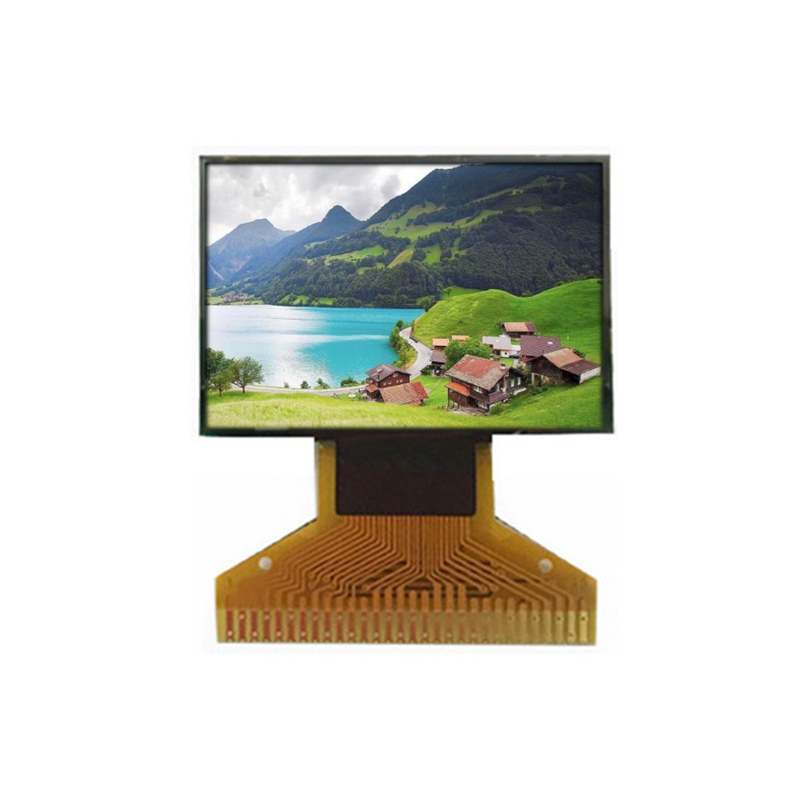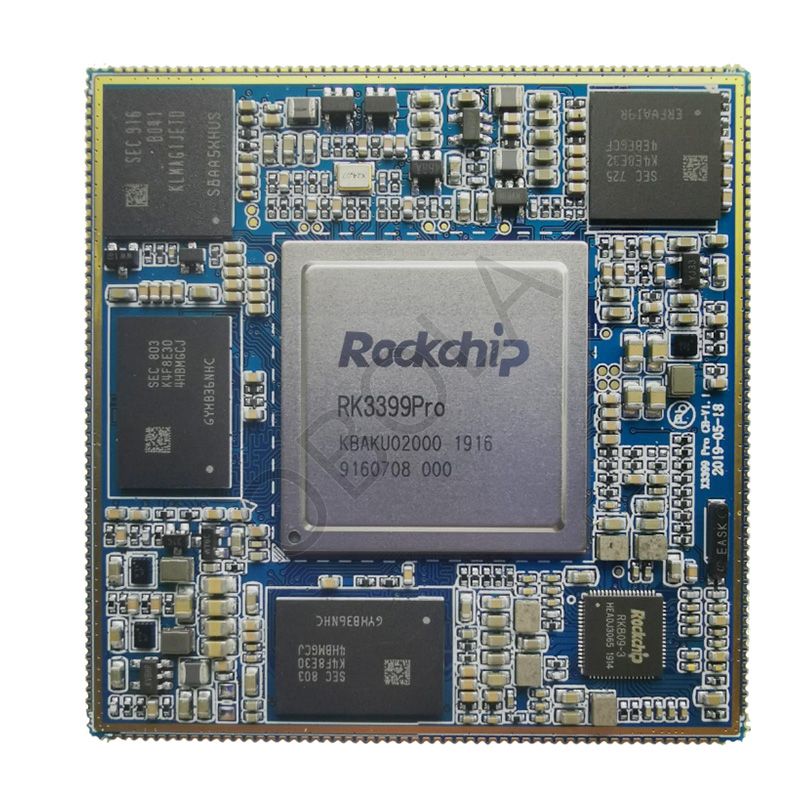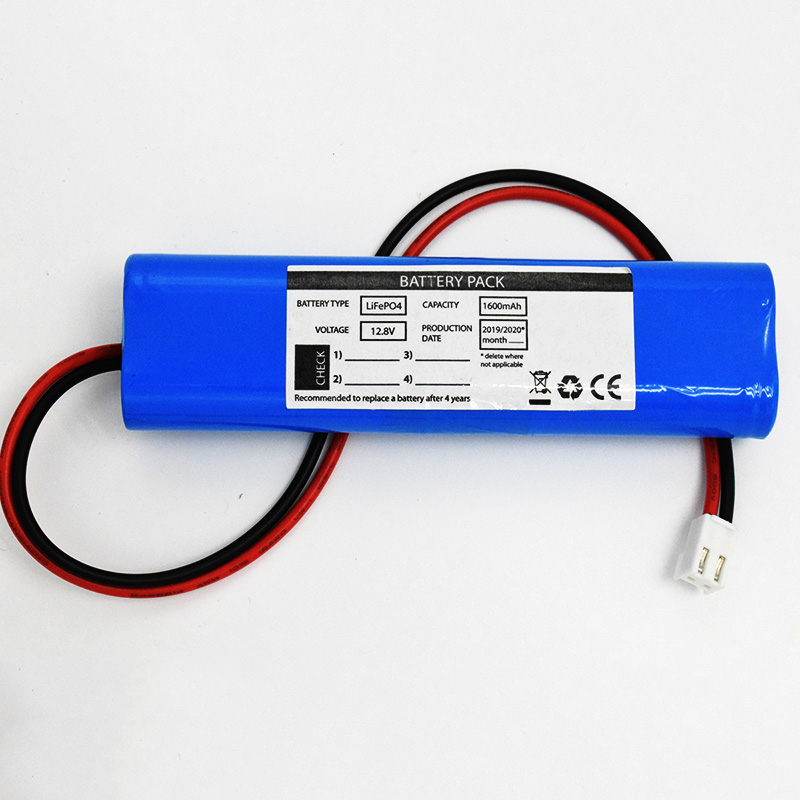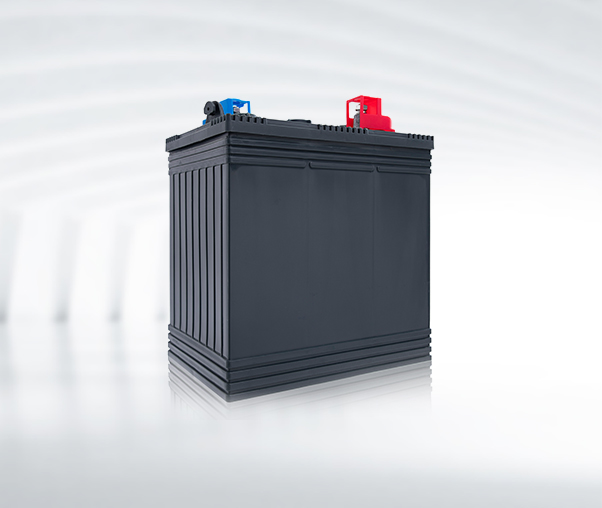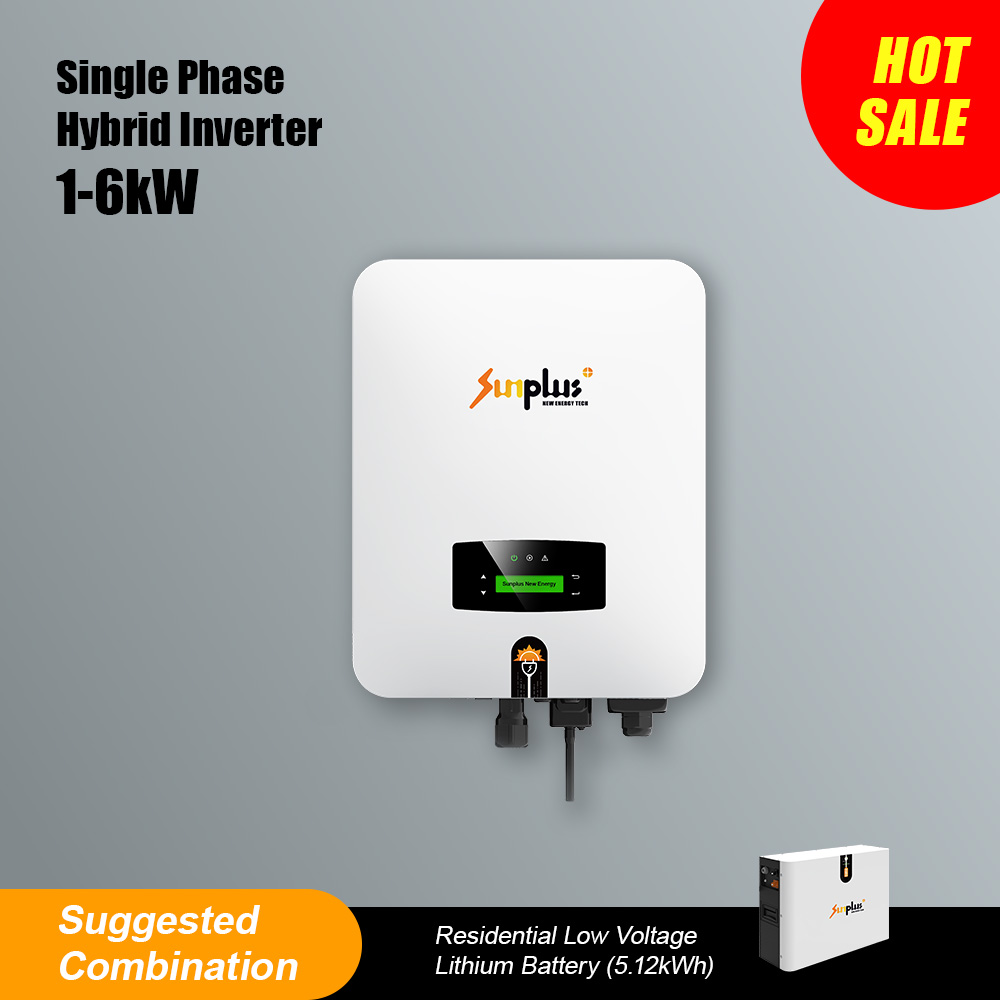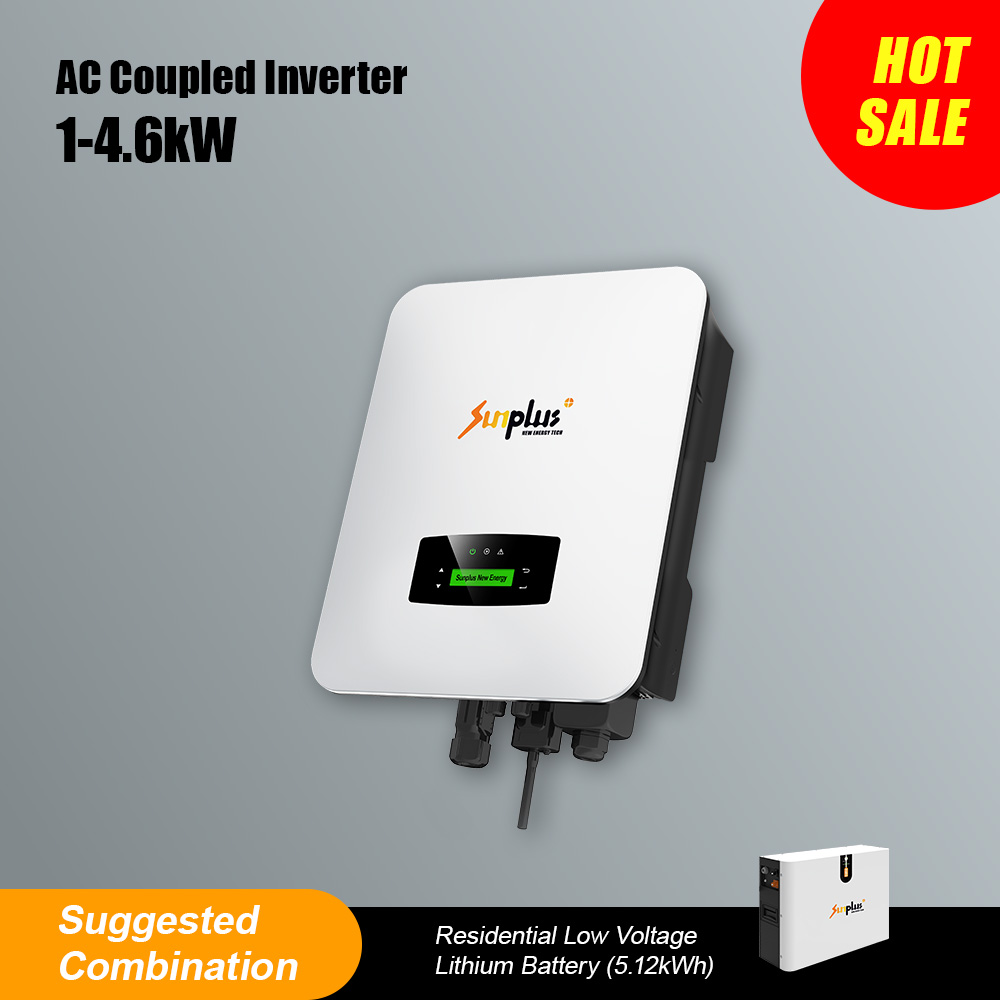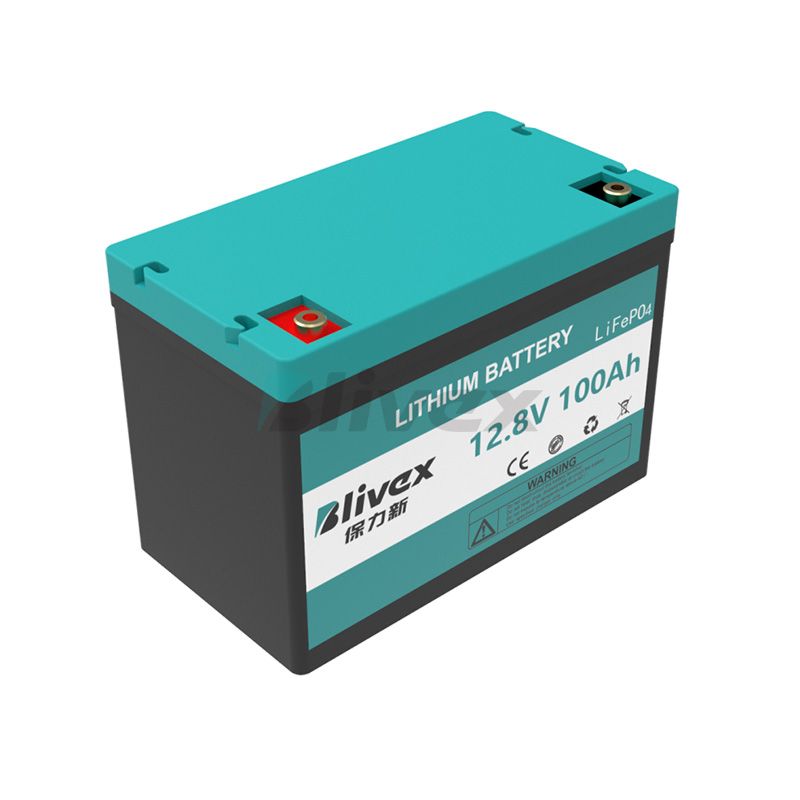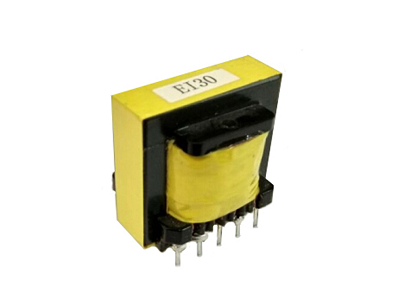5 Things to Know Before Buying Perimeter Intrusion Detection System
Selecting a Perimeter Intrusion Detection System That's Right ...
Typically, a perimeter security system is the first line of defense for keeping intruders out of private properties and restricted sites. It is important to know the right security measures to put in place before purchasing and installing security systems for your perimeter boundary.
Raycom Product Page
Whether you want a flexible and temporary security solution or a maximum and permanent one for a high-security site, this quick guide will help you understand the factors to consider when deciding on an ideal security solution for your facility or business.
What is a Perimeter Intrusion Detection System (PIDS)?
Perimeter intrusion detection system (PIDS) refers to the various technologies (including sensors and devices) designed to discover and warn about any unauthorized entry or attempted physical breach of a perimeter boundary or fence.
Perimeter security systems are available in four different technologies:
- Ground-based systems
- Barrier-mounted systems
- Free-standing systems
- Rapidly deployable systems
Although perimeter security systems a becoming more common on private properties and high-profile residences, they are a must-have in highly secure facilities. Perimeter intrusion detectors like the RBtec WallAlert Dual Zone Kit can alert property owners or managers about potential perimeter breaches in real-time.
It is easy to see why installing perimeter security for your facility is important, however, with various options to choose from, the hard part is deciding on the right access control and security system that adequately meets your needs. Thankfully, the next section makes the task a tad easier by highlighting the important factors to consider when shopping for the most effective PIDS for your facility.
What to Consider When Choosing a Perimeter Intrusion Detection System
There is no one-size-fits-all perimeter detection technique for all premises or businesses. Combining a few different PDIS technologies and tracking systems can result in a more holistic approach to security.
Consider the following factors before deciding which perimeter intrusion detection system is right for your location:
1. Potential Threat
What potential threat or type of intrusion attempt are you trying to detect? Is your facility or premises at risk of intruders who may try to ram through your walls at high speeds, climb your perimeter walls, tamper with your video surveillance cameras, or attempt to cut through your wired fence?
You&#;ll need to perform a security risk assessment of your facility to determine potential threats and the most suitable security systems to meet your needs.
2. Security Level Required
Security levels differ for individual businesses as well as the type of industry. For example, a military base or government facility requires a different security level than a residential property. Highly sensitive and restricted premises with critical infrastructure need to install more robust security systems.
3. Existing Physical Structures
What physical deterrents do you currently have &#; an existing fence or a wall? Consider the physical structure you have on the ground when choosing perimeter protection. For example, barrier-mounted security solutions, such as electrified fences, work well for fences, walls, and other physical barriers.
If you do not have physical barriers around your perimeter, a ground-based security system, such as optical fiber cable, radio frequency radiating field, or microphonic cable, can be deployed underground.
A free-standing security system is another PIDS option for facilities without physical barriers along their boundaries. The system includes devices such as active infrared or passive infrared detectors, Doppler microwave sensors, laser scanners, and video analytic components to detect an attempted intrusion. Ideally, the system works well for sterile areas (such as in airports) where people are inspected before access is granted.
4. Current IT Infrastructure
No doubt, purchasing, installing, and setting up a comprehensive security network is anything but cheap. Choosing perimeter security that easily integrates into your current IT infrastructure and any artificial intelligence system will likely reduce overall costs.
When selecting a perimeter intrusion detection system, it is important to consider the communication between your IT department and the security personnel assigned to physically man security posts or those responsible for physical security.
5. Environment, Landscape, and Climate
Consider the terrain of your site when choosing a perimeter security system. Are there public walkways near your premises that may consistently trigger a false alarm? What&#;s the prevailing weather condition in your area? Is there local wildlife around your facility that may be picked up by a sensor? Is your property close to a body of water? Is the ground prone to water saturation?
Answering these questions can help you determine the most suitable PIDS for your facility.
6. Deployment
Do you want a permanent or temporary perimeter security system? A permanent (often more expensive) security solution that requires complex installation may not be the best choice for protecting a temporary site.
For example, running an optical-fiber cable system under the ground or installing any ground-based PIDS might be overkill for a flexible, temporary facility. A modular perimeter fence would be a better security system in this case.
On the other hand, you want to choose a fully integrated PIDS solution if you want maximum security service for your facility.
7. Maintenance Requirement
The initial equipment and installation cost is not the only thing to consider in terms of price. While some solutions can have a comparatively cheaper initial cost, they can eat into your budget over time due to ongoing upkeep and maintenance expenses.
Be sure about the overall maintenance costs of whatever PIDS you are eyeing for your facility. If there are any subscriptions involved, be sure to find out the details and see whether or not they are worth the expense.
8. Certification
Not all perimeter security systems are created equal. You want to look out for third-party accreditations and ratings to help you choose high-quality, reliable security systems for your gates, fences, barriers, and other perimeter structures.
While the market is packed with various security systems, it is usually a good idea to keep an eye out for accreditations from globally recognized third-party certification bodies, such as The Loss Prevention Certification Board (LPCB).
Additional reading:How Fiber Optic Intrusion Detection Enhances Security?
Unleashing the Power of Metal Glaze Resistors
Are Thick Film Chip Resistors the Future?
Fire Safety Considerations with Flexible Metal Conduit
Revolutionizing Energy Efficiency: The Future of Resistors in Myanmar?
Comparing Precision Resistors: Which Brand Rules?
Are high power resistors the key to energy-efficient electronics in the future?
Are you interested in learning more about RF970 precise positioning type fiber? Contact us today to secure an expert consultation!
9. Regulations
Lastly, it is important to factor in local laws and regulations that your perimeter intrusion detection system must adhere to. For example, the security system needs to comply with all local safety regulations and must not emit levels of electromagnetic energy that interfere with the environment. This requirement is known as the Electromagnetic Compatibility (EMC) Regulations.
Find Premium Perimeter Intrusion Detection Systems and Accessories for Your Facility
If you are shopping for PIDS and related accessories, you will find premium products here at All Security Equipment. Look through our selection of products and choose what best suits your perimeter security needs.
If you have any questions about the systems we&#;ve discussed or would like more information, please don&#;t hesitate to contact us. We value our customers and want to ensure they have the best possible experience with our products. Thanks for reading!
Choosing an Intrusion Alarm System
An intrusion alarm system is an important component of a building&#;s security plan and is an asset when to keeping valuables, customer information, documents, and occupants safe. With that said, there are many important decisions needed when choosing the right intrusion alarm system for your facility.
It&#;s important to note that not all intrusion alarm systems are equal. There are many things that go into designing an intrusion alarm system, and it is important for you to have a grasp of these elements in order to ensure you&#;re getting the best value for your investment.
Here are five important considerations when choosing the right intrusion alarm system for your building.
1. Site Visit and Survey
The industry is full of many different types of intrusion alarm systems (control panels, input, and output devices), but the set up and operations of your facility will have a significant impact on the type of system that you choose. As a result, it&#;s incredibly important that a service provider conducts a site visit and survey to understand your building&#;s specific needs prior to presenting you with options.
2. Intrusion Alarm Monitoring
Monitoring your alarm system will be completed via either active of passive forms of communication. Ideally, the monitoring of your system would take place by utilizing dual path communications. This consists of two forms of communication from your building to the monitoring company. This way, if one method of communication is lost, there is a secondary line that will be used to send alarm signals.
3. Intrusion Detection Devices
An intrusion alarm system should provide coverage of all possible points of entry. This can be done through the use of door/window contacts, glass break sensors, motion detectors, and other types of devices that can detect an intrusion. Perimeter detection can also a valuable addition to provide a high level of security.
4. Security System Viewing Options
The ability to view security events that are detected by your intrusion alarm system in real-time on your mobile device or tablet is a valuable tool for the security system administrator on the go. Remote access will provide you the ability to quickly assess potential threats. In turn allowing you to make quick decisions on how to respond to the alarm. In this situation, professional monitoring is still advisable. However the ability to access your system remotely through an app like Alarm.com is very beneficial. Additionally, these types of apps also allow you to arm and disarm remotely, provide alerts due to irregular activity, and add and remove users.
5. Security System Access Codes
Access codes are an important piece of any intrusion alarm system. This is because they allowsyou and/or your staff to arm and disarm the alarm system. It is best practice for each staff member to get a unique code. These codes will help to keep track of who accessed the system and what actions they took.
Learn More
Contact Us
For over 30 years, Fire Monitoring of Canada (FMC) has been a leader in the monitoring ofFor over 30 years, Fire Monitoring of Canada (FMC) has been a leader in the monitoring of fire alarm and intrusion alarm systems. If you would like to learn more about intrusion alarms and the benefits they can provide for your facility, please call 1 888 789 FIRE (), , or fill out the contact form below.
Your name
City
Choose A Solution
Select Department
Comment
NTE Electronics 1W130 RESISTOR 1 WATT METAL ...
What is the comparison of diode rectifier?
What is the difference between RF cable and coaxial cable?
Understanding Deep Cycle Battery Packs
Features and Benefits of Lithium Battery
The Role of ESD Anti-Static Real-Time Monitoring System
Eye Bolts: The Reliable Workhorses of Various Industries




